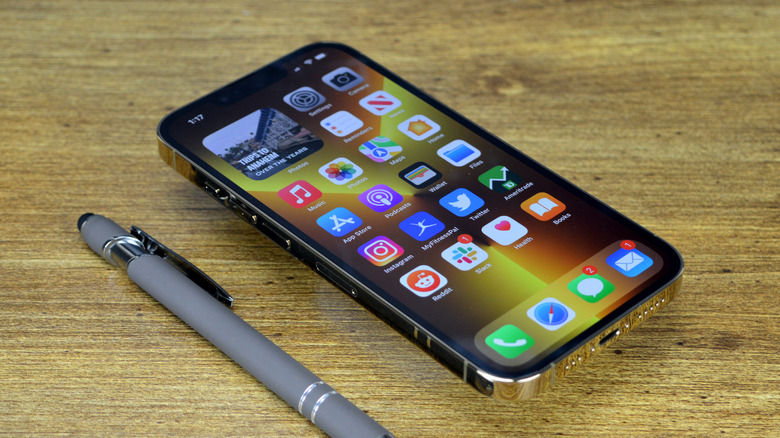Apple's Anti-Tracking Privacy Features Have Already Cost Social Media Apps Close To $10B
Apple encountered resistance from Facebook when it started rolling out its new iOS 14 privacy features last year. All iPhone and iPad apps must now inform users about the data they collect and for what purpose. But another feature has become a nightmare for companies like Facebook. Apps must ask users if they want to allow tracking, which is a first in the industry. Facebook — now Meta — was very vocal about Apple's new features, especially the anti-tracking features.
The social network that makes money by tracking users across apps and websites to sell targeted ads attempted to turn Apple into the villain. Facebook said that Apple's move would threaten the open internet and small businesses. Once Apple's App Tracking Transparency (ATT) rolled out, reports made it clear that many people were telling Facebook and other apps not to track them. A few quarters later, the impact Apple's anti-tracking features have had on social platforms can be properly measured. Apparently, social media apps lost nearly $10 billion as a direct result of Apple's move.
Apple's anti-tracking feature works
Users have never been in control when it comes to tracking. But on iPhones and iPads running iOS 14 or later, they finally have a say. They can tell apps like Facebook not to track them, which isn't available elsewhere. Facebook dialed down the campaign against Apple somewhat. But Zuckerberg & co. are still talking about the outsized impact of Apple's anti-tracking efforts.
The iPhone changes meant "the accuracy of our ads targeting decreased, which increased the cost of driving outcomes for our advertisers. And . . . measuring those outcomes became more difficult." That's what Facebook's COO Sheryl Sandberg said during the company's recent earnings call, The Financial Times reports.
The FT also says that we finally have an idea of what Apple's anti-tracking features did to social networks. Advertising technology company Lotame estimates that Facebook, YouTube, Twitter, and Snap lost 12% of revenue in the third and fourth quarters. That's $9.85 billion. Snap saw massive damage to its ad business, as the app targets smartphones primarily. But Facebook took the biggest hit, losing an estimated $8.3 billion in revenue over the last two quarters.
Apple's ATT went into effect in April.
Facebook will display prompts in its iPhone apps asking users to allow it to track them after the iOS 14.5 update.
Advertisers are still spending money on ads
The cost of Facebook ads increased over the years, and Apple's anti-tracking policy only compounded the problem. That's why Facebook saw a more significant impact than other social networks.
But companies aren't spending less money on ads. Advertisers have adapted their strategies in response to Apple's new privacy features. Some focused more on Android, where Google is yet to implement similar privacy features. Others just moved over to Apple's own advertising business, according to the FT report.
YouTube and Twitter haven's witnessed similar drops in revenue, even though many iPad and iPhone users also stopped these apps from tracking them. That's because they run different advertising strategies.
Twitter saw ad sales rise by 41% last quarter. The company explained that its ads rely on context and branding rather than tracking users. Google parent company Alphabet already tracks users inside its own apps, so it's not as reliant on tracking them on third-party services. YouTube did see an impact, but even there, the effect was more limited than on Facebook.
The FT reports that social platforms might continue to lose advertising revenue for at least a year. That's because companies like Facebook will need to rebuild their ad platforms to mitigate Apple's anti-tracking privacy features.
